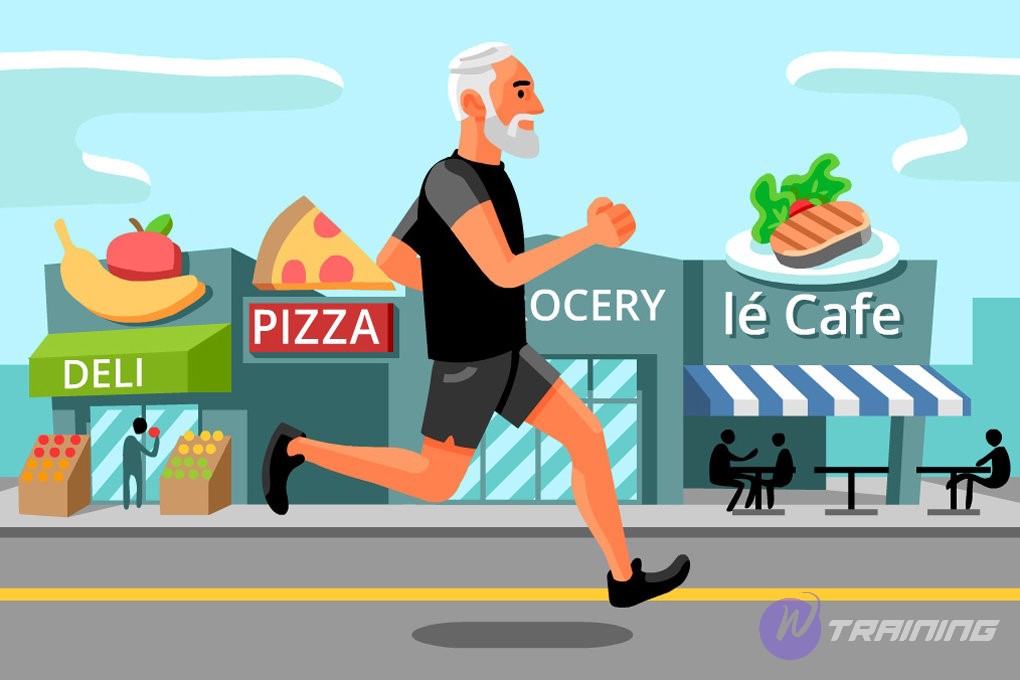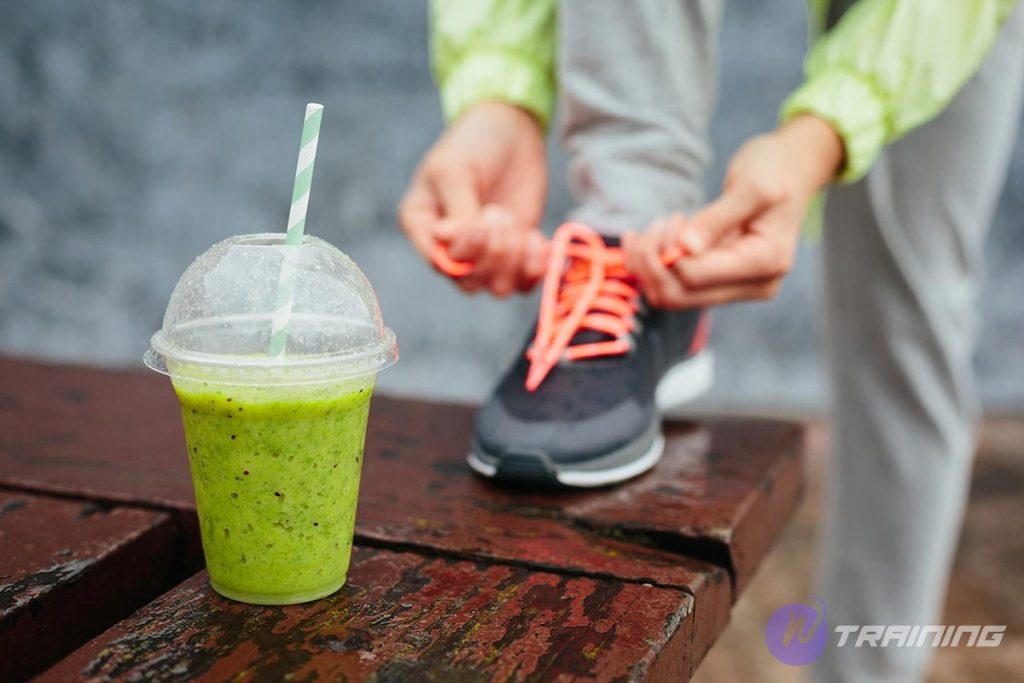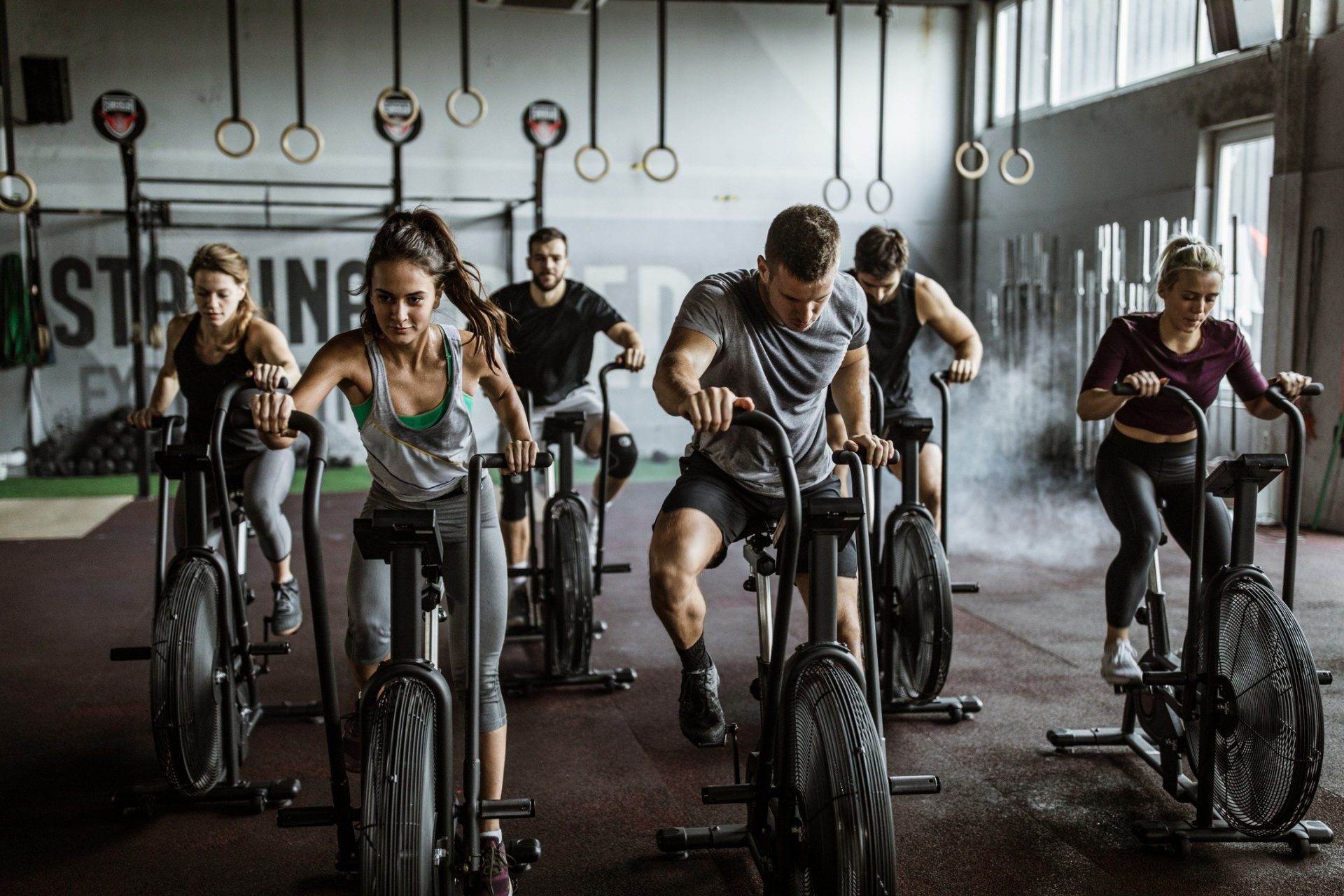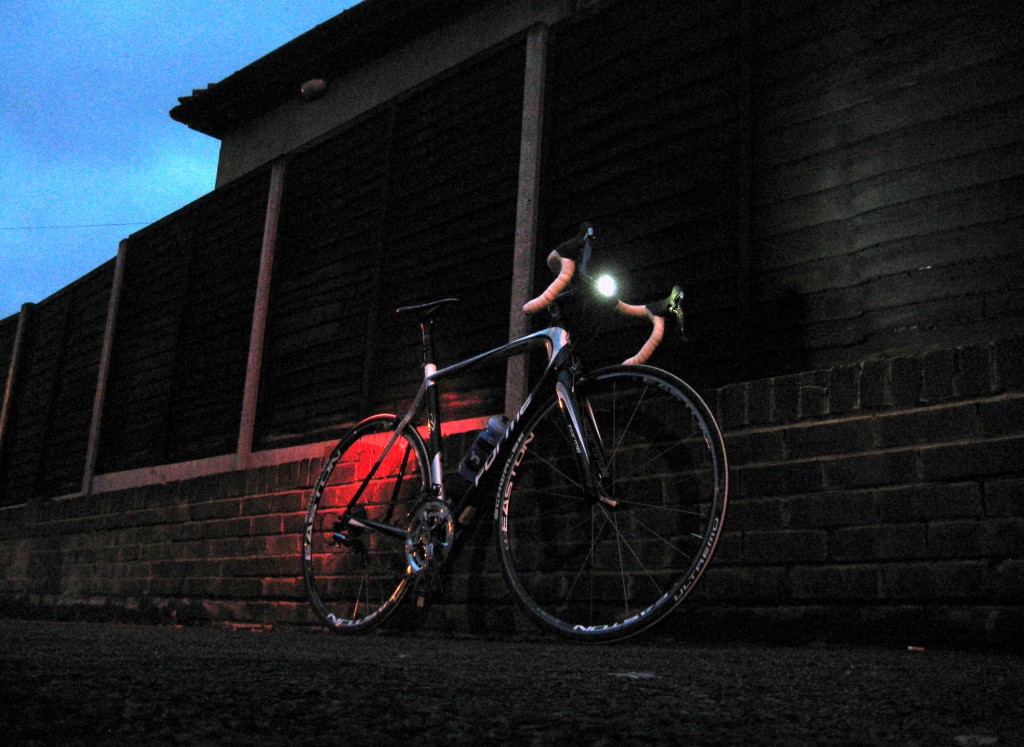Running has always been known to be extremely beneficial for health and fitness. Of course, to achieve such effects on your body, running consumes quite a few calories. Therefore, having a proper running diet is something that any runner should equip himself with. See the article below about best running nutrition: what to eat before, during & after runs.
Principles of running nutrition
No matter what purpose you run every day, you need to have a suitable diet that both serves your training and ensures your health to participate in other activities. So how to build a nutrition plan?
1. Eat at the right time
Eating on time is extremely important. You will need to find something to eat before a training session, but be careful to choose foods carefully to avoid causing stomach problems while exercising.
Basically, the more you eat, the more time you need to digest. So you should eat at least 30 minutes before running to avoid hip shock during running. For 20 minutes after the exercise ends, eat something high in protein to restore muscle while refueling with carbohydrates to restore energy.
2. Drink enough water
Water retention in the body is a basic requirement for all living activities. Water helps regulate body temperature, pushes waste out of the body, ensures that your joints are adequately lubricated, and helps to get rid of damaged cells that can potentially cause inflammation in the body.
Although there are no recommendations for daily water intake, the general rule is that for every 1kg of body weight you need to drink 30ml of water per day. More than just filtered water, fruits and vegetables can also help you stay hydrated. Hydrating the body increases the abundant amount of antioxidants, which in turn helps to increase muscle recovery and immunity.
3. Maintain a balance in the running meal
Even if you’re not training with your weight loss goal, you still need a combination of food and nutrients to stay energized while running and free from injury. According to the running meal guide, about 55% of your daily calories should come from carbohydrates, 25% should come from protein, and 15 to 20% should come from unsaturated fats.
So what is a perfect meal for runners? It is a meal consisting of familiar foods that are easy to digest: low in fat, fiber; and high-energy carbs provide energy without hurting your stomach.
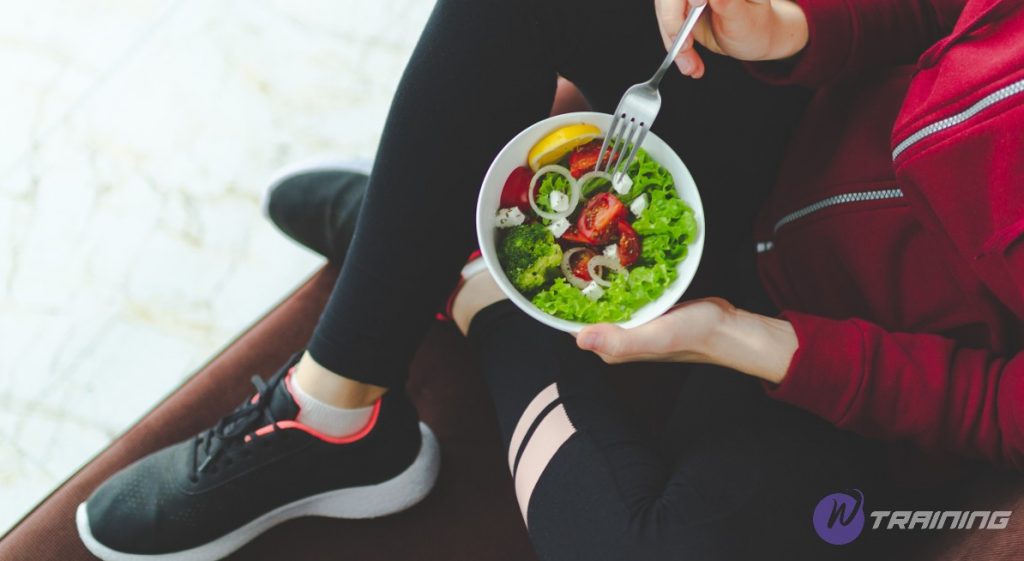
If you’re concerned with how to build a healthy meal plan read Healthy Meal Plan For Weight Loss
Running nutrition guide
Vitamins and nutrients not only keep the body healthy but also prevent possible injuries to runners. A good diet needs enough carbs, protein, fatty acids, other vitamins and minerals.
1. Protein – a must-have nutrient for the best running nutrition
Long-distance runners will need a lot of energy, so a significant amount of protein will be needed. Protein can be found in beef, chicken, eggs, fish or other products, or Whey Protein.
2. Fe
Fe is an important component of hemoglobin, the compound responsible for providing oxygen throughout the body. If possible, see your doctor check the amount of iron in your body, and then find out the right iron supplements. Vegetarians are cases of frequent iron deficiency in the body.
3. Calcium
Add more calcium to your body to always recover quickly. The amount of calcium will help your bones be strong, against injuries during running. Therefore, you should ensure that the daily diet will provide adequate calcium for the body.
4. Vitamin B
Vitamin B will contribute to the conversion of food into energy, which is essential for athletes as well as runners. So, B vitamins play a very important role, they generate energy during exercise, create red blood cells, synthesize proteins and treat muscle tension.
5. Vitamin D
Vitamin D is essential for the body, strong bones and muscle development, so when vitamin D is lacking, the risk of injury during exercise increases. Athletes and regular long-distance runners should get at least 34.7mg of vitamin D per day. Fatty fish, mushrooms and certain foods like milk, orange juice, and cereals contain vitamin D.
6. Potassium – another indispensable nutrient for the best running nutrition
Potassium is a substance that balances fluid and electrolyte levels in the body. Stable fluid levels help the body regulate heart rate and prevent muscle cramps. Bananas, baked potatoes, winter squash and spinach are good sources of potassium.

What to eat for healthy running nutrition? – Meal prep for runners
1. Before runs
“If you only run 5 to 6 km (or less), you probably don’t need to eat something before running,” says Vishal Patel, a sports nutritionist at Nuun, with experience working with athletics. elite American marathon as Kara Goucher said.
During a short run, your muscles get enough glycogen (the body’s most accessible form of energy) to fuel you. However, please Drink 8 ounces of water or a low-calorie sports drink before a run, especially if you’re running early in the morning. Because, after waking up, the body may become dehydrated or dehydrated.
If you run more than 6km or run cross country, you should consume 50 to 60 grams of complex carbohydrates before a run, like a bowl of oatmeal or a ripe banana, to help your body get more glycogen. Eat 1 to 2 hours before running so that the body has time to digest and absorb the nutrients.
For intense exercise, long-distance runs or sprinting, have a carbohydrate-rich meal the night before. You should eat a dinner of foods like pasta, rice, lentils, potatoes or quinoa (balanced with protein and vegetables) before any important training or competition day to increase your glycogen stores.
2. During runs
If you run for less than an hour, just drinking water is enough. However, if the weather is particularly hot or humid, you should drink an electrolyte supplement with a sports drink instead of water. Electrolytes (specifically sodium and potassium) help muscles retain water, receive oxygen and function properly.
It’s different for long-distance runs. Muscles store enough glycogen for fuel for about 60 minutes. After that, you will need an additional 30 to 60 grams of carbohydrate after each hour of running. So consume more sports drinks, marshmallows or energy gels to maintain your strength.
When running for 90 minutes or more, a carbohydrate and electrolyte-fortified sports drink can help you maintain speed and delay fatigue.
According to a study in the Journal of Medicine & Science in Sports & Exercise (USA), near the end of the race, do not drink or eat anything, just suck or rinse your mouth with a sports drink, then spit out. This is a way to deceive the brain, helping to boost performance without drinking too many sports drinks.
3. After runs
After a run is complete, the muscles need to rest to recover. You should consume a snack with a carbohydrate: protein ratio of 2: 1 or 3: 1, depending on the length and intensity of the race. Carbohydrates are more important than proteins at this point, as they restore the glycogen stores in your muscles.
Chocolate milk is the top choice to help restore glycogen after running. Besides, you can make your own smoothie with berries, bananas and protein powders. You can also find post-workout energy recovery products such as energy bars and protein bars.
You know, proper nutrition helps reduce fatigue during running and speeds up the recovery of your body. Hopefully, the information we provide here can help you prepare your ideal running nutrition: before, during & after runs. Wish you the best results!
Read more:
15+ Easy, Healthy, Cheap Dinner Recipes
14-Day Low-Calorie Meal Plan: Perfect Diet!
